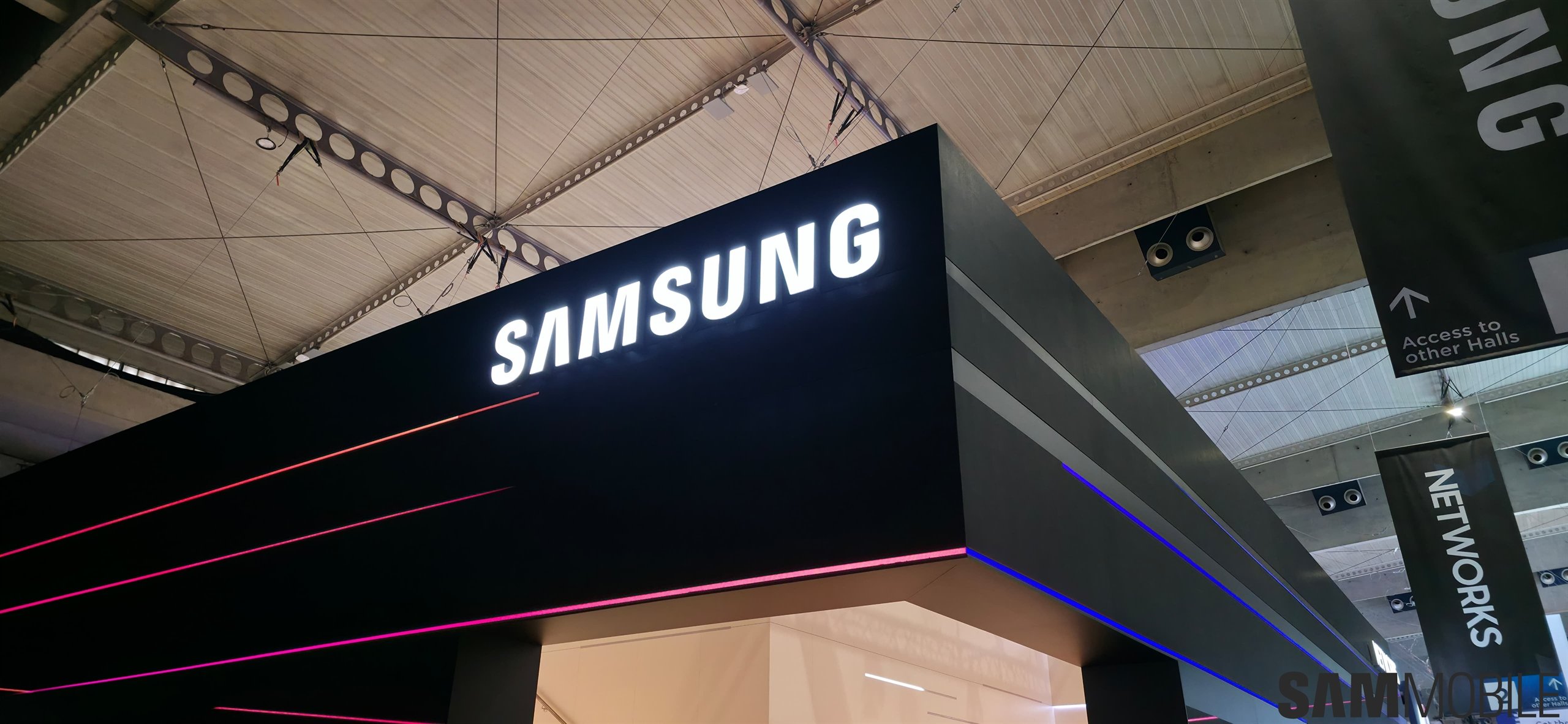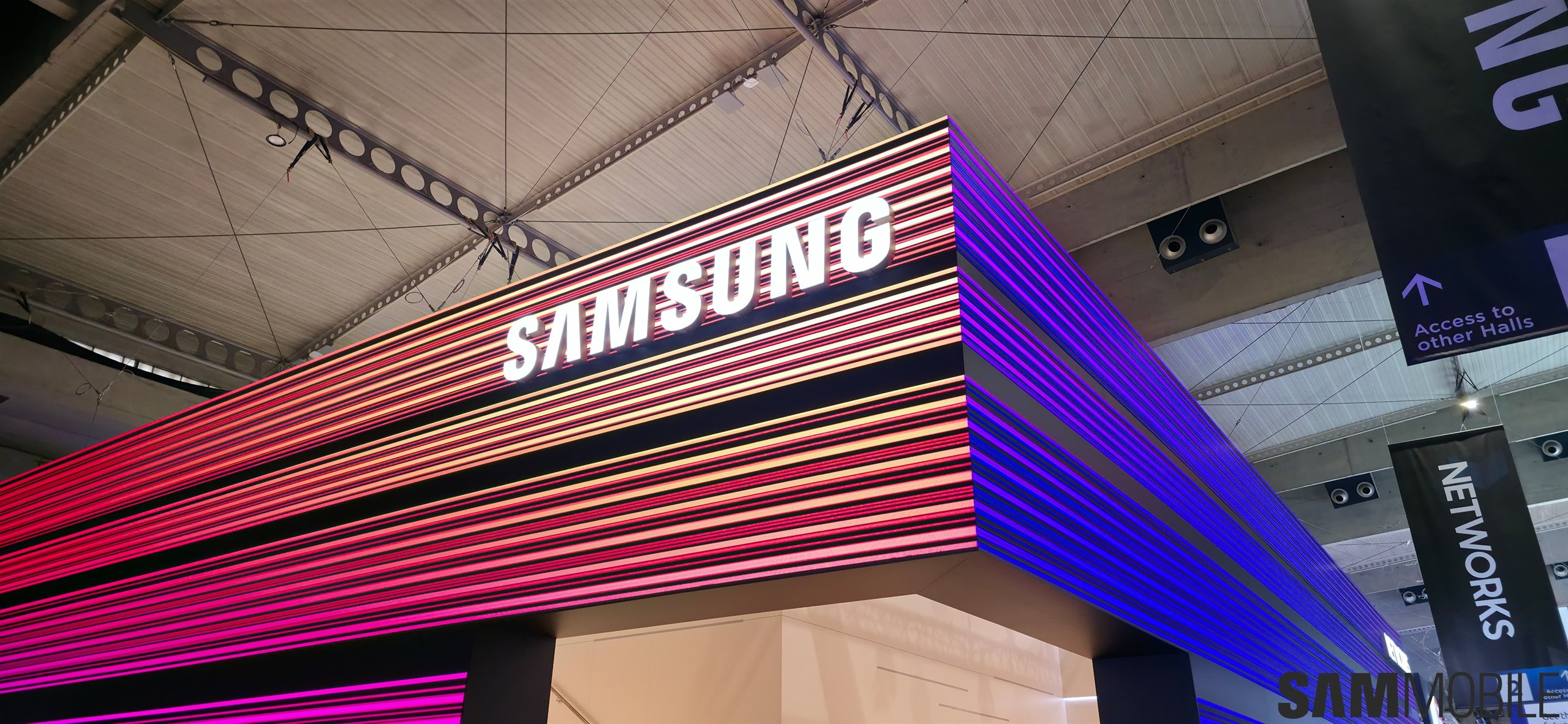
It appears the boom days are coming to a close and the chip industry is expecting a slowdown in the near future. Samsung is making plans accordingly to cut down memory chip output next year, at least according to a report in Bloomberg. Reducing the supply will help the company to maintain or drive up the prices of its products.
Samsung expects lower bit growth next year
Samsung was apparently expecting a ‘bit growth', a term used to refer to the amount of memory produced in the market, of 20 percent for DRAM (Dynamic Random-Access Memory) products and 40 percent for NAND offerings in 2018, but has now revised its expectations to less than 20% for DRAM and 30% for NAND.
Since bit growth is a key metric for assessing market demand, the estimates from Samsung do point to a slowdown in the market. However, being the largest producer of DRAM and NAND, Samsung Semiconductor has the clout to control supply and influence prices. The fact that there are only three major players in the market (SK Hynix and Micron Technology) will also work in Samsung’s favor.
Interestingly, there were reports earlier this year that the Chinese agencies were looking into Samsung and other chip makers for possible collusion and price fixing. Though nothing concrete has come out of it yet, we wonder if the reported strategy of restricting supply to jack up prices will add more fuel to those allegations.
“We’re flexibly managing capacity in line with the market supply-demand situation,” Samsung said to Bloomberg in a text message.
























